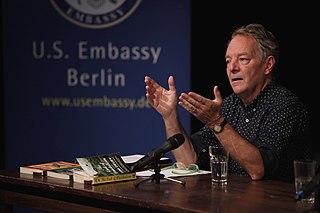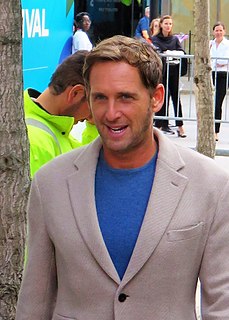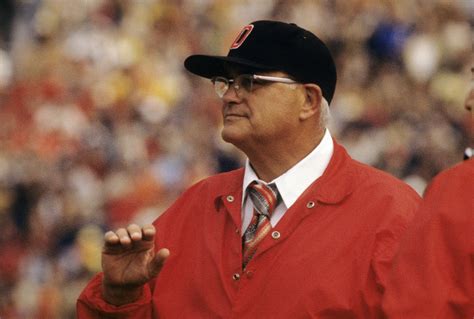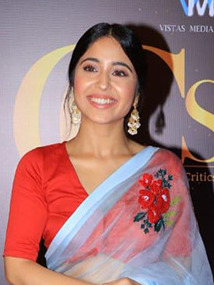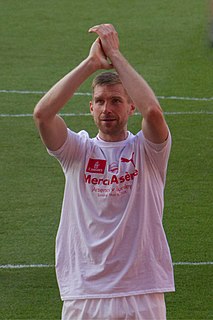A Quote by Nicholas Sparks
I think that setting a novel in a small town taps into a sense of nostalgia among readers. People tend to believe life is different in small towns, and frankly, it is different.
Related Quotes
What makes most people comfortable is some sort of sense of nostalgia. I grew up in a small town, and I could count my friends on one hand, and I still live that way. I think I'll die in a small town. When I can't move my bones around a stage any more, you'll find me living in a place that's spread out and rural and spacious.
Rich dad went on to explain that the world was filled with different types of entrepreneurs. There are entrepreneurs who are big and small, rich and poor, honest and crooked, for-profit and not-for-profit, saint and sinner, small town and international, and successes and failures. He said, "The word entrepreneur is a big word and it means different things to different people."
I mean, being provincial is a privilege in a way. Also people in New York think everybody interacts because they all take the subway. "Oh, I see all these different people! All these different walks of life on the subway." Well, they're not coming to your dinner party. Certainly, in small-town Nebraska, everyone indeed did mix together.
In 'The Trip,' I play the character named Ananya Makhija, a Delhi girl who wants to get married. This is a different character from whatever I have portrayed onscreen so far - of a sweet, small-town girl. Most importantly, you will not find a trace of my character from 'Masaan.' So, I think this will change my image of a small-town girl.
Why not take a science fiction comic and put the characters in a small town to gain their particular perspective? A lot of that comes from me growing up in a small town on a farm, so that's what I know and what I'm comfortable with. My drawing style is also very sparse and minimalist, so a rural setting complements that.
I often hear people say that they read to escape reality, but I believe that what they’re really doing is reading to find reason for hope, to find strength. While a bad book leaves readers with a sense of hopelessness and despair, a good novel, through stories of values realized, of wrongs righted, can bring to readers a connection to the wonder of life. A good novel shows how life can and ought to be lived. It not only entertains but energizes and uplifts readers.


